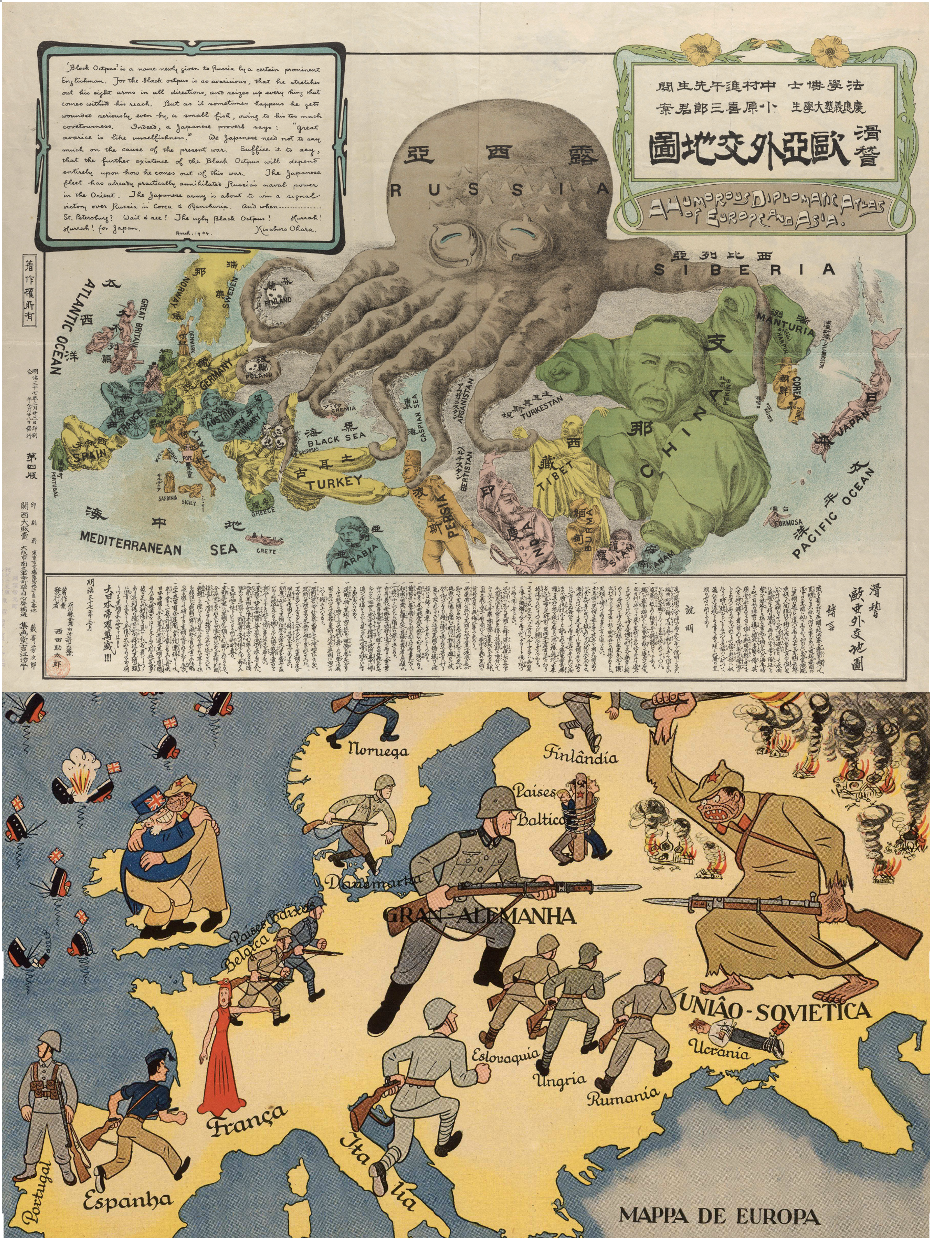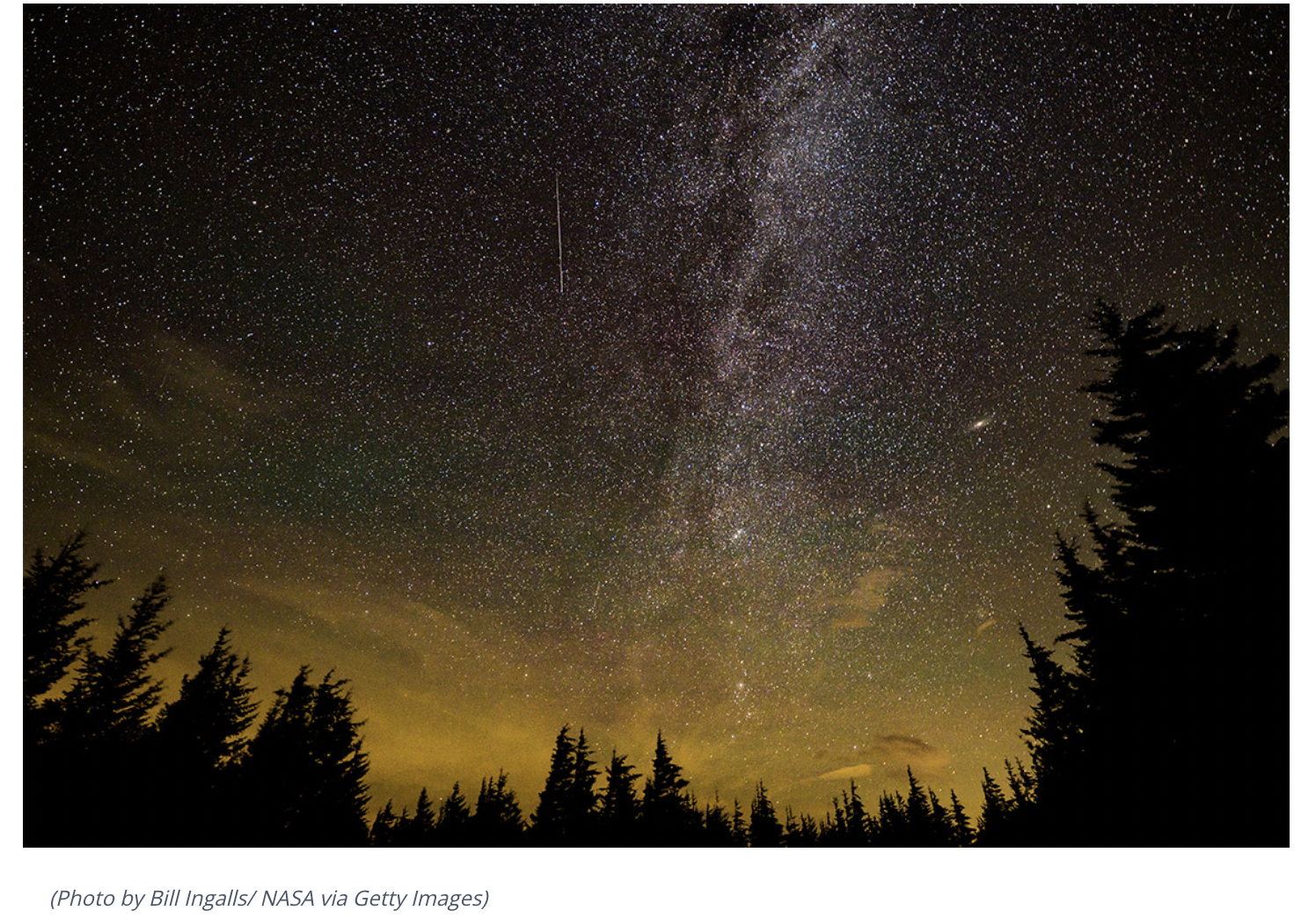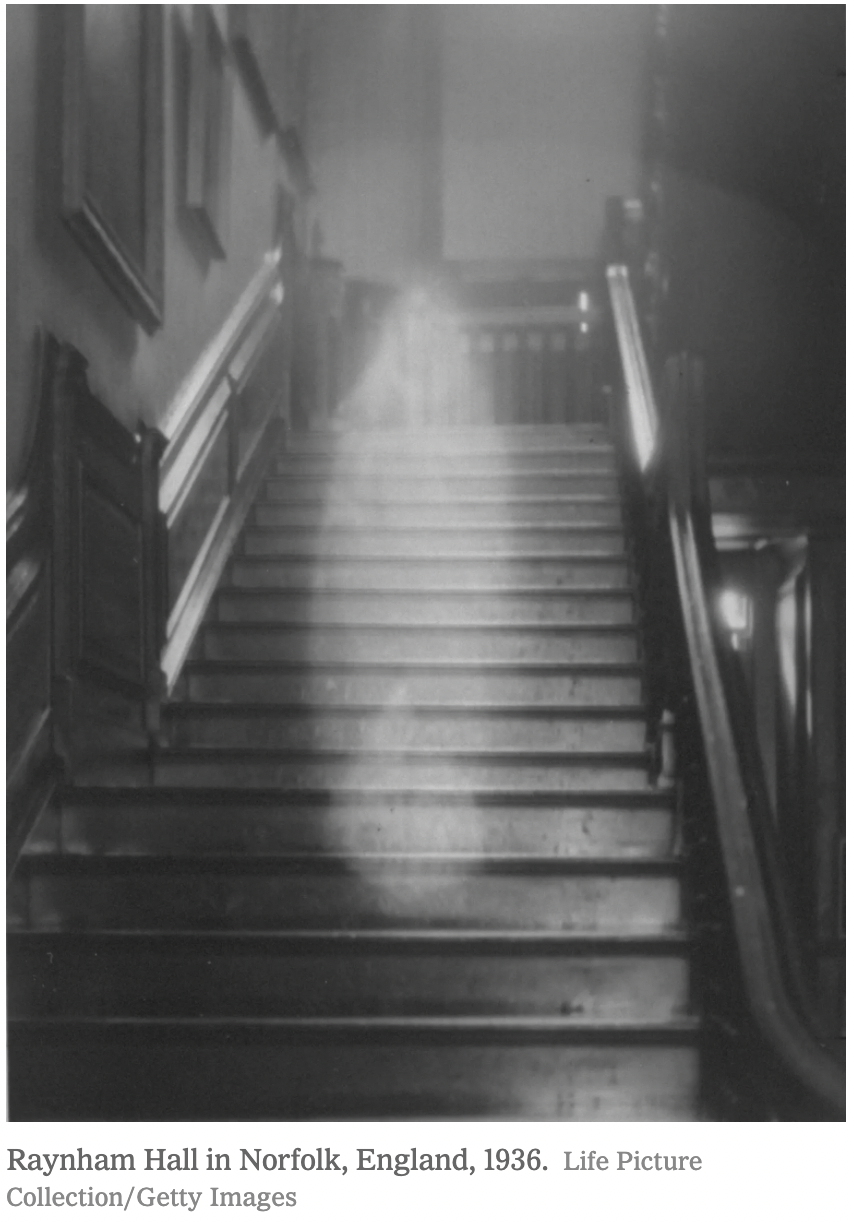Monthly Writing Workshops
Our monthly writing workshops, hosted virtually and in person, invite participants to explore their own creative voices and try on possibilities for creative writing activities across all grade levels. Each workshop offers an opportunity to generate new writing and inspire lessons in your own classrooms. All educators and teacher candidates are welcome to join — no experience necessary!
Previous Workshops
Brevity
This workshop unpacked the creative possibilities of reading and writing through brief poems (some of these poets work within traditionally brief forms like haiku or tanka, but some simply explore what a short form offers). What better time of year to explore brevity than spring, when life reemerges and blooms in the natural world and reminds us that our time here is cyclical in many ways but ultimately brief.
“Dictators kill poets” (but not their poetry)
Inspired by the start of the lunar new year, this workshop unpacked the creative possibilities of of reading and writing through poems that respond directly to fascist or totalitarian politicians and their regimes and that think about the political possibilities within art and poetry, especially when pitted against repressive brutality. This is in response to marking one year since the Russian invasion of Ukraine, the fall election results in Italy and Sweden, the recent move towards legislating anti-trans bills, anti-choice bills (and others aimed at women and queer people) and the general growing global rise of fascism.
A new year: At the frontier of past and future
Inspired by the start of the lunar new year, this workshop unpacked the creative possibilities of reading and writing through poems that speak to crossing the threshold, of exiting an old year and entering into a new year.
Contemporary Canadian Poetry
In this workshop we unpacked the creative possibilities of reading and writing through recently published Canadian poetry. Each of the collections we read from, pictured left, has been nominated for either a national award or international award or both.
As always in our monthly writing workshop, we looked at a range of contemporary poets pushing against or harnessing these forms for their own purposes, to think about the possibilities they offer us for our own writing and thinking.
Poetry and Math: Making Sense
In this workshop we unpacked the creative possibilities of reading and writing poems that explore the connection between numbers/ logic, and writing. Not just because it’s Pi Day, but because so many of us in the world are trying to make sense of what is and has been happening for a long while. Part of this “sense-making” is the attempt to use logic, creating or implementing equations or situations (constructed and inherited) where we can “get a handle” on our understanding (temporary or permanent) and maybe even control (real and imagined) as part of our risk analysis. How do we make sense of things? How have we made sense? What do we hold on to, how do we measure this moment? Or ourselves in relation to it?
Poetry and Dance
In this workshop we unpacked the creative possibilities of reading and writing poems that explore the movement of dance. These poets explore what it means to move and dance with the self, another, or many others, both by chance or by choice. They consider how we hold, trust, or distrust ourselves and our bodies in the movements; how we welcome or reject the beauty and pain of dancing; how the steady pace and unpredictable directions a dance takes can evoke alternative ways of being.
Poetry and Outer Space
In this workshop we explored the creative possibilities of reading and writing poems that explore the universe/ outer space. We read contemporary poems where poets are thinking through our existence on this planet, how we interact with other planets and galaxies, and potentials for stories and lives there and here, now and in the future. We use these poems to inspire our own time and space travel to explore what is or could be out there for us.
Looking at Forms: Abecedarians & Ghazals
In this workshop we explored the creative possibilities of reading and writing poems that follow a specific form -- in this case Abecedarians and Ghazals. We looked at a range of contemporary poets pushing against or harnessing these forms for their own purposes, to think about the possibilities they offer us for our own writing and thinking.
Ghosts/Hauntings/Haunted
In this workshop we explored the creative possibilities of reading and writing poems about ghosts - who/ what/ where haunts us and the places and people we haunt. Relationships with ghosts are still relationships, and thus, require an ethics and a mode of engagement. These poems explore a variety of perspectives and narratives about our loved ones haunting us or even strangers as we inquire into what we did with our loved ones when they were with us and what we can do with them in their memory now that they’re gone, what these ghosts still teach us and what we can learn from ourselves in ghost form.
Family: Looking Back and Forward
In this workshop we explored the creative possibilities of reading and writing poems about family and our relations past, present, and future. Here we read poets who write to: parents/guardians before they took on that role and long after they’re gone to us and the world, siblings, aunts and uncles, partners, children, chosen family, lovers ... Looking at these relationships and zeroing in one and looking at it singularly allows us to time travel within those relationships to previous versions of the other and, perhaps more importantly here, previous or future or just alternate versions of ourselves. Who made you? Who sustains you? How are you in the world with or without family?
Epistolary poems
In this workshop we investigated what it means to use letter writing as a catalyst for a poem. Here we read poets who write to the world, a place/ space, an absent friend or lover, the past, their past or younger self, and often a combination of people, places, and things. What does this form specifically invite or inspire?
Life and Death (But Life)
In this workshop we investigated what it means to see, feel, or experience a death without actually dying. Here the focus is on living and how life often sits beside death.
Contemporary engagements with the “natural” world
In this workshop we investigated the interrelated themes of nature and emergence, and new ways to reflect on our experiences of the natural world one year into the COVID-19 pandemic.
Poems about anti-love, old beloveds & the total chaos of love and its language
In this workshop we explored the interrelated themes of love and anti-love provide us, as we explore new ways to experience and reflect on the ways in which we create and destroy, engage and reject, actively seek and lazily ignore love. What is love, or a love that’s no longer present, anyway?
Poems About Physicality / Stories of Our Bodies
In this workshop we explored the creative possibilities that poems about the body (its parts, interpretations, genders, etc.) have to offer us, as we explore new ways to experience and reflect on the stories bodies tell, the ones we tell ourselves about them, and the ways that we spiritually engage with our physical life. There is also a history of exclusion organized around bodies that these poems work to undo, as they celebrate a range of different bodies and feelings about those bodies.
Poems that write into an absence
In this workshop we explored the creative possibilities writings about absence, loss, and abandonment have to offer us, as we continue to experience the physical (and otherwise) absences produced or amplified by the global COVID-19 pandemic.
Poems for a Revolution
In this workshop we explored the creative possibilities poems about revolution can offer us, especially the day before an important US election, as we read contemporary poets exploring the nuances of demanding system change, and think about what they offer us as both students and educators. (NB: This workshop took place on November 2, 2020 - the night before the US presidential election.)
Back to School
In this workshop we explored the creative possibilities poems about adolescence and school (as much more than an institution) can offer us as we read mainly contemporary poets exploring contemporary situations we encounter while in the throes of life and school and otherwise as both students and educators.
Rituals
In this workshop we explored the creative possibilities rituals can offer us as we read contemporary poets exploring these same avenues and engage in our own rituals. We focus on ways contemporary poets like CAConrad and others incorporate rituals into their lives as poets in the world as we read their poems that incorporate ritual, and explore what considerations and possibilities this practice can offer our own writing practices.
Odes
In this workshop we explored the (irregular) ode as we read contemporary poets exploring the possibilities this form offers. We focus on the various ways contemporary poets Sharon Olds and Dean Young have tackled the ode in their recent poems, and what considerations and possibilities this poetic form offers our own writing practices.
Poetry and Friendship
In this workshop we read contemporary poets exploring aspects of friendship and relationships between people. We focus on the various ways that poets have tackled issues o friendship in their writing, and what a consideration of our intimate relationships offers to our writing practices.
Poetry and Dis/Ability
This workshop explored poetry and dis/ability as we read contemporary poets exploring aspects of dis/ability, both mental and physical, in relation to their selves and the culture around them. We take up recent poetry by Roxanna Bennett, as well as the most recent issue (twelve.2, 2019-2020) of Hamilton Arts & Letters, which specifically addresses dis/ability poetry and poetics.
Poetry and Music
This workshop explores Poetry and Music as we read and listen to the relationship between what we often discuss and understand as two art forms that have actually been connected since antiquity. We want to focus on how to use music as fodder for poems (although the reverse is just as possible, if there are music teachers who want to reimagine a music composition lesson/ unit).
Greek Mythology in Contemporary Canadian Poetry
This workshop looked at taking up mythology in contemporary Canadian poetry through the poetry of Sue Goyette in her recent book-length poem Penelope and Cassidy McFadzean’s book Drolleries. Both engage with and speak to Classical Greek Mythology, and find ways to repurpose familiar myths to express their contemporary poetic voices.
Bodies and Curse Words and Spring
This workshop looked at bodies and curse words and spring through the queer, contemporary poetry of Eileen Myles and Morgan Parker Today we specifically want to focus on how, if, and when to use language of bodies, curse words, and the most anticipated season of spring in creating texts.
Taking Up Subjects and Remixing IMages
This workshop looked at taking up subjects and engaging with images through poems from Stevie Howell’s recent collection I left inside on purpose and engaging with images and considering ekphrasis poetry. We also remixed in the “Business” section of today’s local newspaper to interrupt and enliven the language in the poems. We specifically wanted to focus on how to use images and language foreign to the English class as fodder for poems.
Queer Poetics
Guided by local Torontonian poet Fan Wu, this workshop explored queer poetics and exposed participants to different ways of reading and writing poetry as a community. Fan gave a very brief overview of three strands of queer poetics. He then took up the two chapbooks from his What Queer Reading series (https://whatqueerreading.com) as material for the workshop.
Mis/Translations & Homophonic Translations
This workshop looked at Mis/translations and Homophonic translations of poems inspired by poems written in languages unfamiliar (or in Carson’s case familiar but Ancient) to the translator. Translation itself is seen as an art form where a writer attempts to capture not just the language but also the sentiments of the original text. It is entirely subjective. Translation typically involves sitting entirely with the content of the original and reproducing it in (our case) English. Today, however, we are going to sit with the letters and sounds of the original and translate those sounds into English language.
Poems of Immediacy/Poems of the Moment
This workshop looked at poems of immediacy / poems of the moment through the online poetry publication Rattle, which uses current news-worthy events to generate poems, and Frank O’Hara’s Lunch Poems, which are poems inspired by his midday quotidian musings in midtown Manhattan.
Occasional/Collaborative Poetry
This workshop looked at Occasional poems via the poem “Seventy-Seven Beautiful and Adorable Things for Arthur Okamura’s 77th Birthday” by Joanne Kyger as well as elegiac occasional poems and Rengas via Renga for Obama to introduce collaborative writing. The purpose of this workshop was to expose participants to different ways of reading and writing poetry as a community.
Contemporary Poets for the Contemporary Moment
This workshop began with reading poems by two contemporary poets whose writing is charged with the present moment - a moment when bodies and lives are particularly political. Participants then took turns reading the poems by both poets (Billy-Ray Belcourt and Terrance Hayes). Participants were invited to discuss what they noticed in the poems they read and wrote, and encouraged to bring these poets into their classes for students to engage with.































